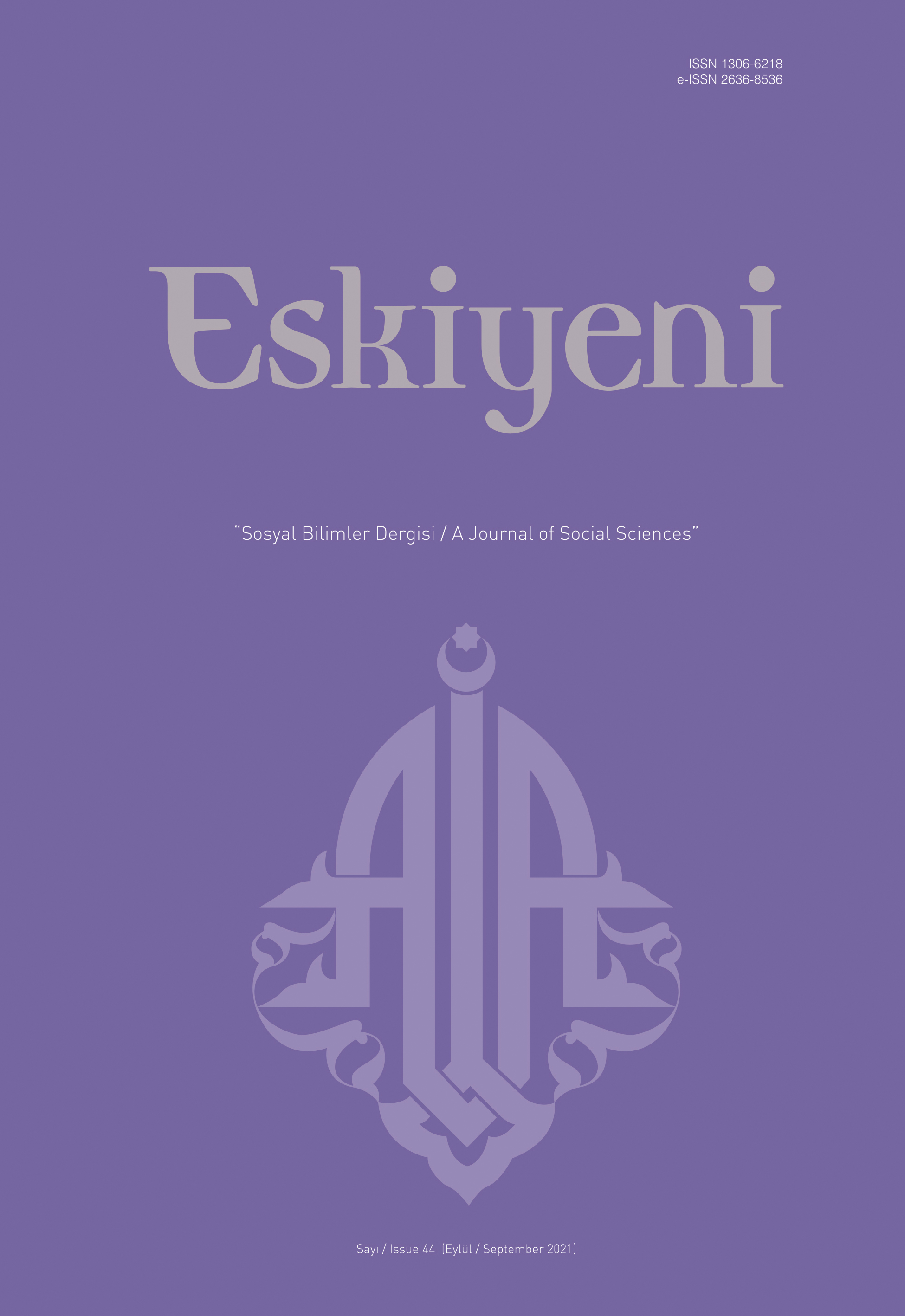Selefî Din Anlayışlarının Psiko-Sosyal Olumsuz Yansımaları
Psycho-Social Negative Reflections of Salafi Understandings of Reli-gion
Author(s): Mustafa SarmışSubject(s): Theology and Religion, Islam studies, Sociology of Religion
Published by: Anadolu İlahiyat Akademisi
Keywords: Sociology of Religion; Salafi Understandings of Religion; Salafism; Salafi Groups; Fundamentalism; Psycho-Social Negative consequences;
Summary/Abstract: The main claim of this article is that Salafi religious understandings lead to many negative psychological and sociological (psycho-social) consequences. At the same time, these elements are not only related to Salafism and Salafi groups, but also they are generally related to the belief elements of most Muslim individuals and groups. In this context the purpose of article is to reveal the mutually affected psycho-social negative features that have emerged in the past and present and may also come to light in the future, even though there are many different features that characterize Salafi thought. In the article, research and evaluation are made through an interdisciplinary method. In this framework, basic informations and discussion topics that will provide comprehension of Salafi understandings of religion of different disciplines are discussed in relation to the research areas of the Sociology of Religion. Firstly, the characteristics and basic attitudes of Salafi religious conceptions that may have negative psycho-social consequences are described, afterwards these attitudes are listed separately and the negative effects they can cause are explained within successive effect framework by presenting cause-and-effect relationship. As a result of the research, it has been seen that the characteristics of Salafi understandings of religion that may have negative consequences are as follows: 1-Disregard of the socio-cultural anthropological approach 2-A constant understanding of faith and religion at the basic level 3-Apparent/literal approach 4-Unity in faith and actions 5-The thought that reason cannot comprehend religious issues 6-The idea that the Qur'an is not created 7-Constructing daily life through religious texts 8-Being limited to the Golden Age 9-The blessing of the language 10-Standing against history and tradition 11-Looking for the solutions to post/modern problems through past 12-Opposition to bid‘ah (innovation) 13-The only truth discourse 14-Absolutisation of religious knowledge 15-Standing against cultural construction 16-Sanctifying religious authorities 17-Mission of tabligh (reaching out) 18-‘Ummah understanding 19-Dār Al-Harb (abode of war) discourse 20-Patriarchal religious discourse 21-Traditional education methods. When these features are analyzed in detail, it is understood that these approaches have factors that may negatively affect individuals and groups in many ways. However, Salafism is approached mostly as a negative structure by considering radical/jihadist Salafi movements in researches prevent us from seeing what kind of serious negative consequences of these understandings of religion have caused in the history of Islam and today, and what kind of problems they may cause in the future. Therefore, it is an important result that these understandings of religion should be carefully examined by believers.
Journal: Eskiyeni
- Issue Year: 2021
- Issue No: 44
- Page Range: 433-460
- Page Count: 28
- Language: Turkish

